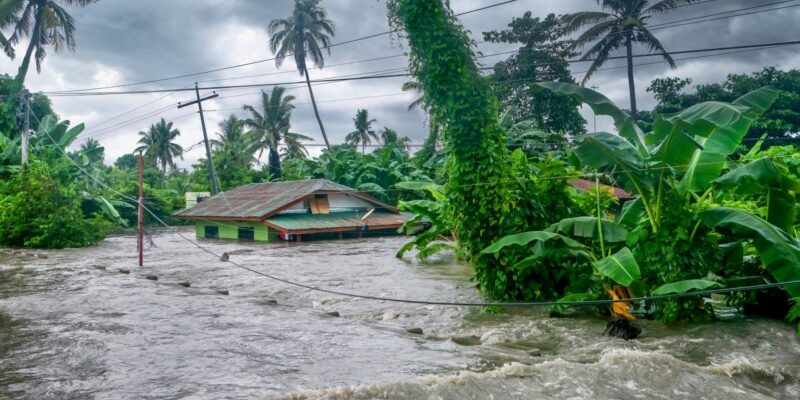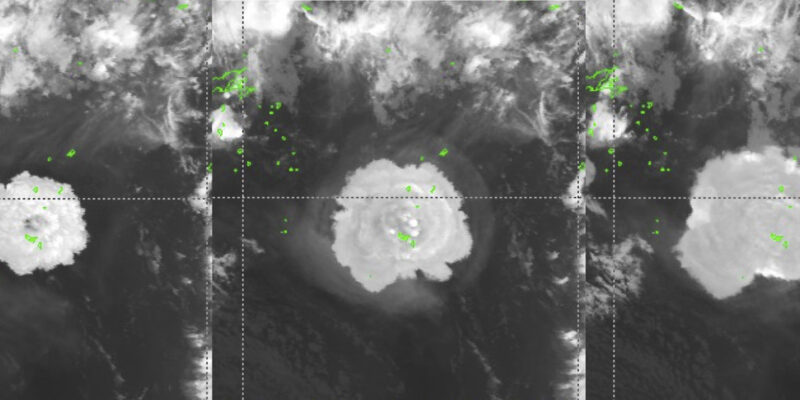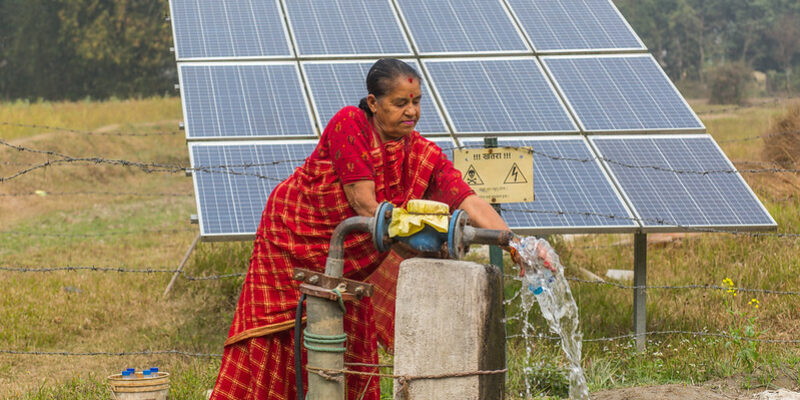Comment
Insights and expert analysis on climate issues.
Share

COP28: social and economic metrics could serve as stepping stone for Global Goal on Adaptation
Dr Carl-Friedrich Schleussner
As work on shaping the Global Goal on Adaptation culminates this week at COP28, we explore if social and economic metrics could be used as proxies for a country’s ability to adapt.

Safeguards and exit points for the World Bank as host of the Loss and Damage Fund
Dr Olivia Serdeczny, Manjeet Dhakal, Sneha Pandey
An agreement was reached to establish the World Bank as the interim host of the Loss and Damage Fund. Developing countries signed up to this on certain conditions. We unpack the safeguards put in place and look at the three points at which the Fund could exit the World Bank.

Second Glasgow Dialogue: lessons from latest Committee meeting on loss and damage finance
Dr Olivia Serdeczny, Sneha Pandey
Key takeaways from the Transitional Committee’s second meeting on operationalising the new loss and damage fund and funding arrangements.

Can higher ambition in developed countries create ‘carbon space’ for others?
Dr Carl-Friedrich Schleussner
What does a 'fair share' of global emissions look like for Africa and South Asia? Both regions have low historical emissions and a strong claim to the remaining carbon space.


Nepal’s ambitious climate target has socio-economic prosperity at its heart
Manjeet Dhakal, Sneha Pandey